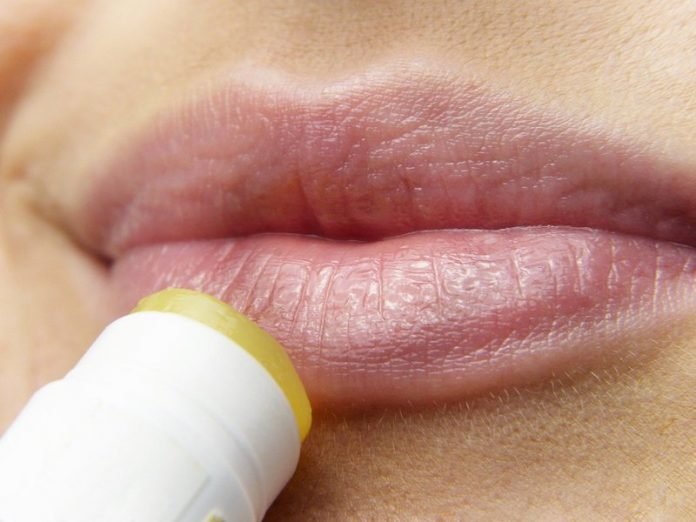
In a new study, researchers found a genetically edited form of a herpes simplex virus—rewired to keep it from taking refuge in the nervous system and eluding an immune response—has outperformed a leading vaccine candidate.
They found that vaccinating guinea pigs with the modified live virus strongly increased the production of virus-combating antibodies.
When challenged with a virulent strain of herpes simplex virus, the vaccinated animals displayed fewer genital lesions, less viral replication, and less of the viral shedding that most readily spreads the infection to others.
The modified virus is actually a form of herpes simplex virus type 1, best known for causing cold sores around the lip.
The fact that it demonstrated cross-protection against HSV type 2—the sexually transmitted type usually responsible for genital herpes—suggests that an HSV-2-specific edition of the vaccine could prove even more effective.
The research was conducted by a team from the University of Cincinnati and elsewhere.
The World Health Organization estimates that more than 500 million people have HSV-2, which persists for a lifetime and often flares up in response to stress.
In addition to causing blisters, HSV-2 increases the risk of HIV infection and may contribute to Alzheimer’s disease or other forms of dementia.
Despite the prevalence of the viruses, more than four decades of research have yet to yield an approved vaccine for HSV-1 or HSV-2.
Part of the difficulty: The alphaherpesviruses, which include HSV, have evolved an especially sophisticated way of evading the immune responses aimed at destroying them.
After infecting mucosal tissues of the mouth or genitourinary tract, HSV works its way to the tips of sensory nerves that transmit signals responsible for the sensations of pain, touch, and the like.
In a previous study, the team showed that the R2-mutated virus performed well as a vaccine in mice.
Moreover, it circumvented certain stubborn issues that have cropped up with other vaccine approaches.
In the current study, they tested its effectiveness against HSV-2 infection in guinea pigs.
They found just one of the dozen R2-inoculated guinea pigs developed acute lesions after being injected with HSV-2, compared with five of 12 animals receiving another promising vaccine candidate that recently failed a human clinical trial.
Whereas that latter vaccine candidate had no discernible effect on the number of days that guinea pigs shed the virus, the team’s R2 vaccine cut the shedding period from 29 days to about 13.
And unlike the guinea pigs receiving no vaccine or the other candidate, those receiving the R2 vaccine showed no sign of HSV-2 in the cluster of brain cells that normally house it.
With an HSV-1 version of the R2 vaccine showing such promising cross-protection against its sexually transmitted counterpart, the researchers’ to-do list now includes making and testing an HSV-2 vaccine against the HSV-2 virus.
One author of the study is Nebraska’s Gary Pickard.
The study is published in the journal Nature Vaccines.
Copyright © 2020 Knowridge Science Report. All rights reserved.



